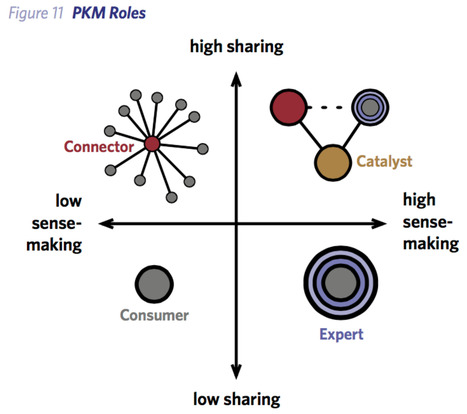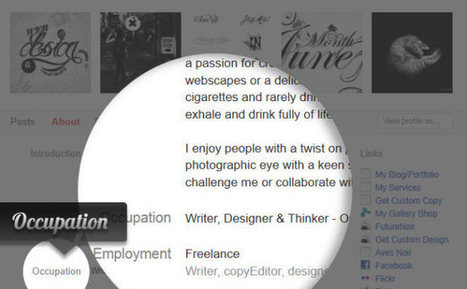When people are presented with a problem the first urge is to resolve it. If the computer does not work, they want it fixed. Then they can move on to what they were trying to do in the first place. But quite often the source of the problem did not go away. People also need to understand how the problem was created. This requires time and effort to learn. But when the problem is gone, there is little incentive to learn about the implications and complexities that created the problem.
Via Edumorfosis, Yashy Tohsaku, Miloš Bajčetić



 Your new post is loading...
Your new post is loading...









